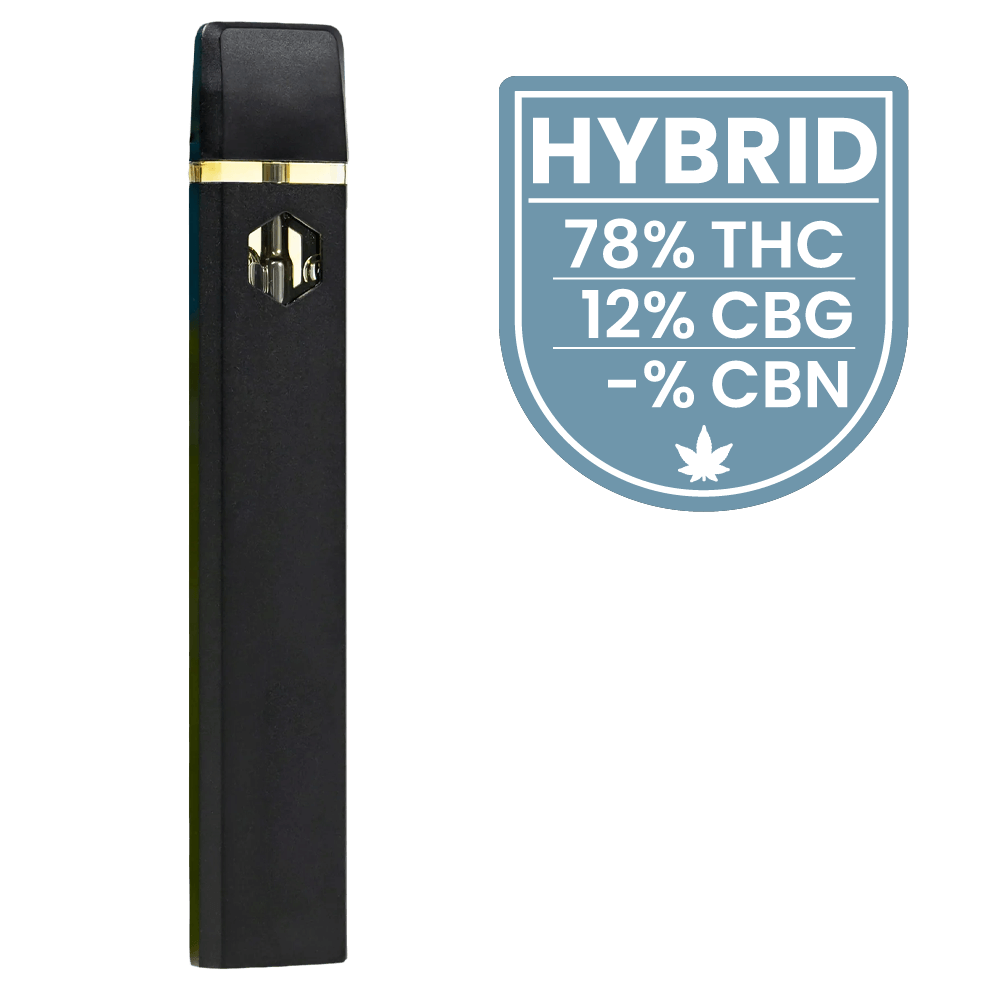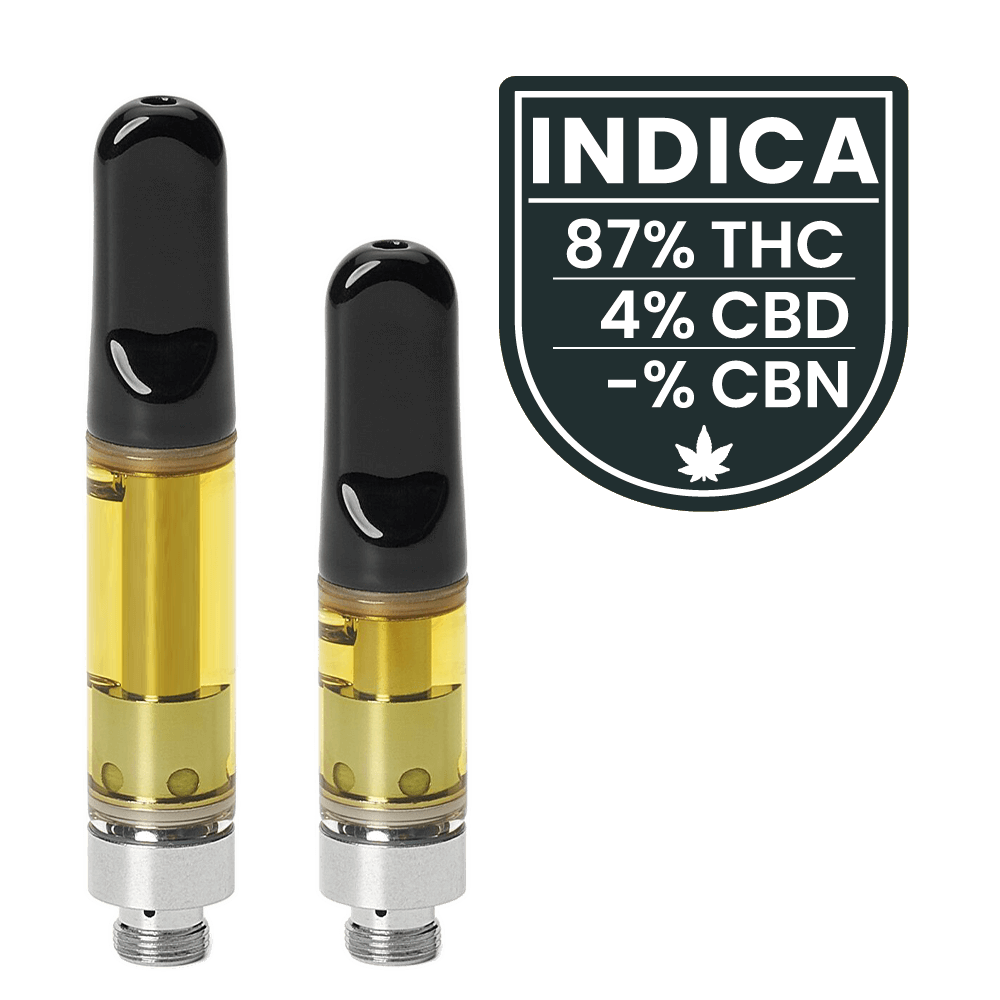What is THC?
Highlights:
- A cannabis plant’s THC content is expressed as a percentage of mg/g. This is often referred to as ‘potency’.
- THC is intoxicating and can produce a variety of intended effects, but consuming too much or choosing a product with a high potency potential can produce some negative effects.
- THC content is indicated on the packaging of any cannabis product sold on dutch-cannabis.com.
Of the more than 100 cannabinoids in the cannabis plant, tetrahydrocannabinol (THC) is the one principally responsible for the psychoactive and intoxicating effects of cannabis consumption.
Live cannabis plants contain tetrahydrocannabinolic acid (THCA), the non-active version of this compound. When cannabis is decarboxylated (heated to a high temperature), dried or cured, the acid molecule (the “A” in THCA) drops off, and the THC is activated. This results in the effects we associate with consuming THC. It also means that cannabis in its fresh form is not yet active with THC.
How THC Works:
THC interacts with the body’s endocannabinoid system (ECS). Studies suggest this system plays a role in regulating stress recovery, protecting our nervous system, activating our immune system response and regulating our homeostatic balance (our overall state of optimal health, function and stability).
Put simply, your ECS is made up of two things:
- Cannabinoid receptors, present in nearly every region of your central nervous system and brain, as well as many other areas of the body, including your immune system; and
- Cannabinoids that you naturally produce (called endocannabinoids).
Your natural endocannabinoids fit into your ECS receptors like a key in a lock and help carry messages from cell to cell. THC works the same way, temporarily replacing your own endocannabinoids, but with different effects.
These may include:
- the release of dopamine, resulting in feelings of relaxation;
- a physical response, such as reduced inflammation or an increase in hunger; and
- effects on various regions of the brain, including the hippocampus (memory), the frontal cortex (thinking and decision-making) and the cerebellum (physical movement and coordination).
THC Potency:
Potency refers to the amount of THC in a cannabis product. THC content is sometimes expressed as a percentage of milligrams per gram of cannabis (product). For example, if a product is labelled 15% THC, it has 150 milligrams of THC per gram of cannabis (product).
Choosing Products Based on THC Potency:
The effects of THC will be different for everyone. When choosing a product, consider not only the THC potency potential, but also the method and amount of consumption along with personal factors such as your age, your gender, your health history and previous experience with cannabis.
- Consuming small amounts of THC can produce effects such as relaxation, heightened happiness, arousal and creativity, more sociability and energy, and an increased appetite
- However, consuming large amounts of THC may produce overwhelming or unpleasant effects
- Consider products with low THC potency and/or at least a 1:1 ratio of THC to CBD (cannabidiol) to help reduce the likelihood of unintended effects. Remember to consume it slowly and in small amounts.



